Subscribe for Access
3 things we do when onboarding developers to ensure a smooth start.

October 29, 2021
In 2020, I eagerly signed up for an in-person coding class with General Assembly that was meant to start in April. I was excited to change careers and upgrade programming knowledge beyond that Java class I took in high school.
You can probably guess what happened next: COVID hit, and the class moved from in-person to remote. I scrambled to get my at-home setup ready for three months of intensive learning.
I hadn’t touched code in a number of years, and was banking on the kind of growth that it seemed only in-person collaboration could foster. But learning how to collaborate remotely DID foster personal growth, and prepared me for something I had no idea at the time that I would be doing in five short months: making my debut into the engineering world here at Crossbeam.
As of my first day here at Crossbeam, I had never shipped a line of code. I’d never written a unit test, and I had no idea what a build was.
I knew more about logistics and trucking than search algorithms
Before working at Crossbeam as a Software Engineer, I was an email marketing coordinator for a supply chain publication company. I knew more about logistics and trucking than search algorithms. But a good engineering team is welcome to all levels of experience — and that requires a thoughtful process and structure.
Here are some things that we do here at Crossbeam to help us all improve quickly.
Have an “open door” policy
As a new engineer, I was given access to my hiring manager to ask for whatever I needed. Onboarding included several subject matter experts walking me through different parts of the code until my head spun.

I was shown how we compile and ship code, and offered a small task to try it out myself. My hiring manager at the time jumped on Zoom with me and let me “drive,” but guided me through both the content of the task itself (adding an attribution for the icon API we use) and the process to put it up for review and eventually ship it.
Having that initial guidance worked wonders, as it didn’t feel like I was thrown work that needed to get done and left alone to struggle with a process I hadn’t quite mastered.
If this sounds overbearing, it wasn’t: After demonstrating that I understood what to do, I was given more and more responsibility.
Share responsibility as early as possible
An environment can’t just be welcoming to new people, it also has to give them the tools to break out of the “new person” role. In my first few months, my managers could have asked me to complete some low-stakes tasks while constantly looking over my shoulder.
Instead, soon after completing onboarding, I was given the opportunity to get on a project that completely revamped our reporting system. Reporting is at the heart of our product so this was a big deal internally. It was ambitious, and challenging, but I was lucky enough to have incredibly supportive team members who had the utmost faith in me.

True collaboration takes trust. And being granted that trust right away was incredibly empowering for a new engineer. My inexperience relative to the rest of the team became less and less relevant at game time, because we needed every one of us to get the job done.
Encourage questions from everyone on the team
One of the main reasons I was able to progress so quickly was because of the welcoming and collaborative environment here at Crossbeam. Too often, startups are impenetrable walls of jargon with leaders whose experience can be measured in decades but patience can be measured in minutes.
Too often, startups are impenetrable walls of jargon with leaders whose experience can be measured in decades but patience can be measured in minutes.
The engineers I respect the most are constantly asking questions — newcomers should never feel too dumb to ask a colleague.
Being able to ask questions (and hop on pair sessions!) with fellow engineers was incredibly useful to me as fresh out of bootcamp. Here at Crossbeam, we encourage questions so much that there is an entire Slack channel devoted to them, heavily used by engineers at all skill levels. This was incredibly helpful as I carved my own space out as an engineer — I remember my first foray into our backend (Clojure is interesting but remarkably difficult to parse as a newbie!) felt like a labyrinth at first, but I had more senior engineers to guide me through.
A lot of common software engineering knowledge is foregone in favor of better fundamentals in bootcamp curricula; there are so many on-the-job concepts and terminologies that people will just toss around like it’s nothing while your jaw hangs open.

—
I’ve obviously heard the oft-repeated pitfalls of remote work: less facetime with your supervisors, dampened personal relationships with coworkers, the chance you’ll be passed over for projects and promotions. That is not the case at Crossbeam. Here, we make sure everyone is included in our “remote-first” environment, prioritizing make sure everyone works how they feel most comfortable.
I have learned so much at Crossbeam. I was able to hone the skills I knew I had, and then add on top of that excellent mentors, peers, managers, and resources at my disposal to help me thrive as an engineer. Sometimes I felt like I was thrown into the deep end, but I knew the members of my team would be there to help me swim back up.
Overcoming the fear of not knowing was huge for me, and sometimes all that takes is a good foundation, curiosity, and a little encouragement. A bootcamp can provide the foundation, the other two are up to you to find in your working environment and yourself.
(If you’re interested in joining the engineering team at Crossbeam, browse our open positions.)





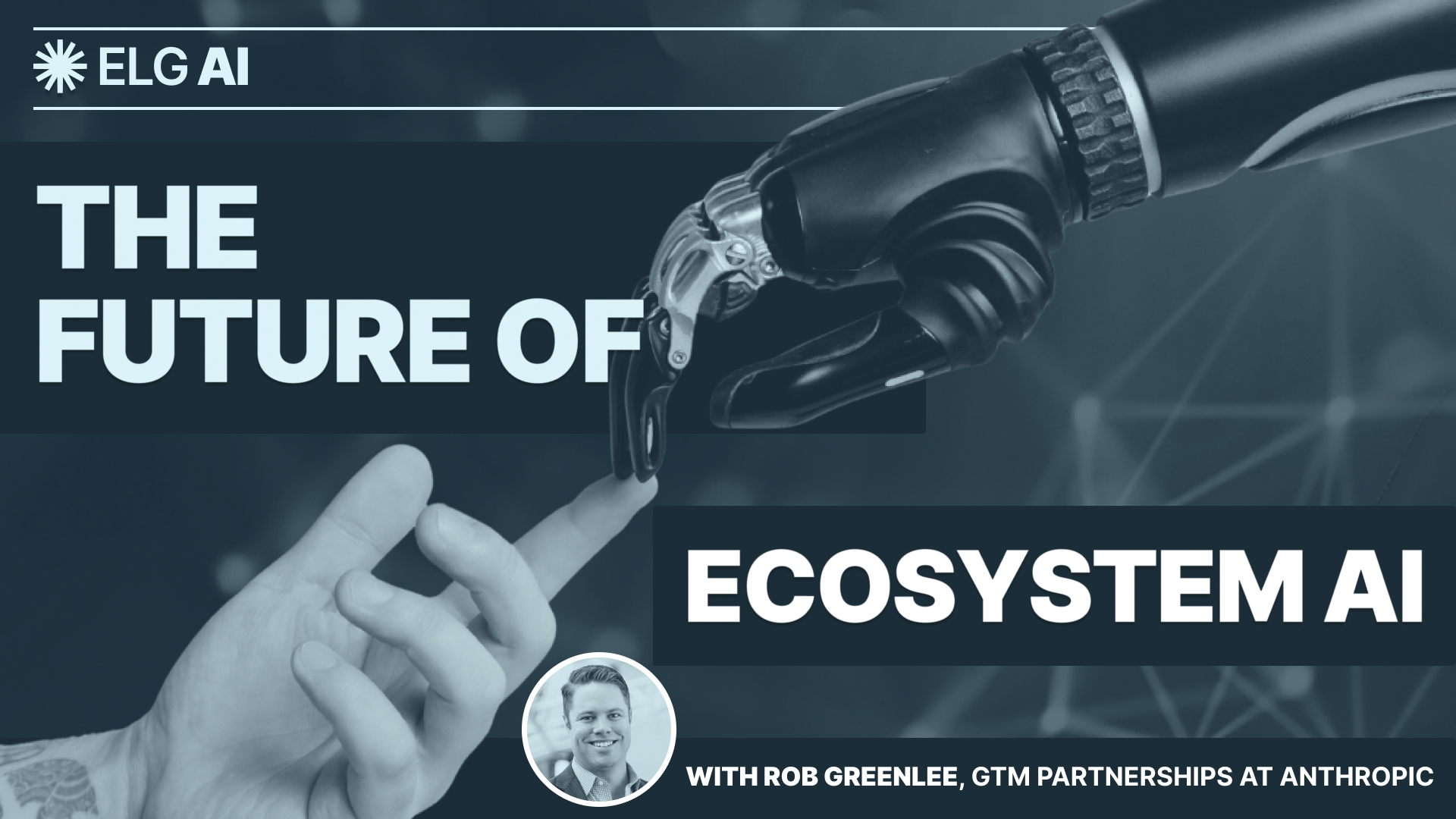
%20(1).jpg)


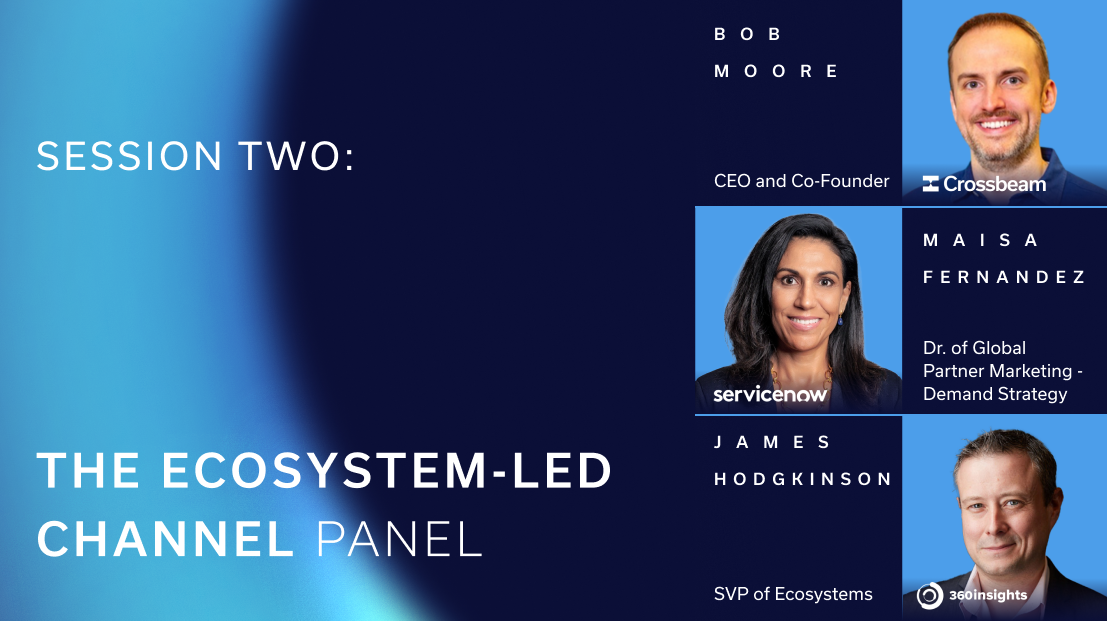



.png)
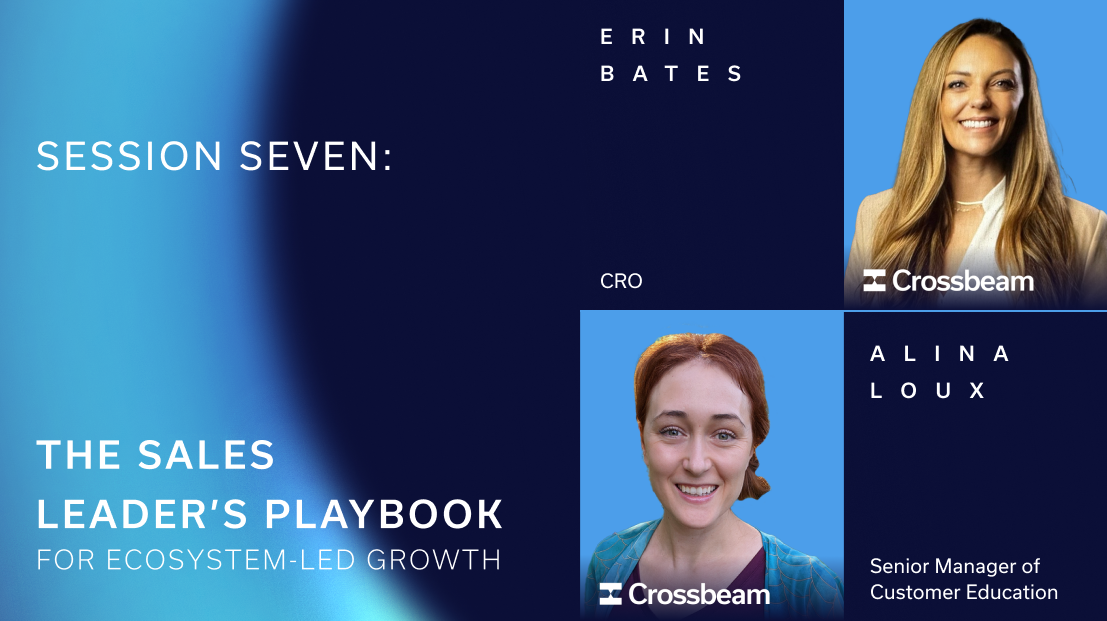





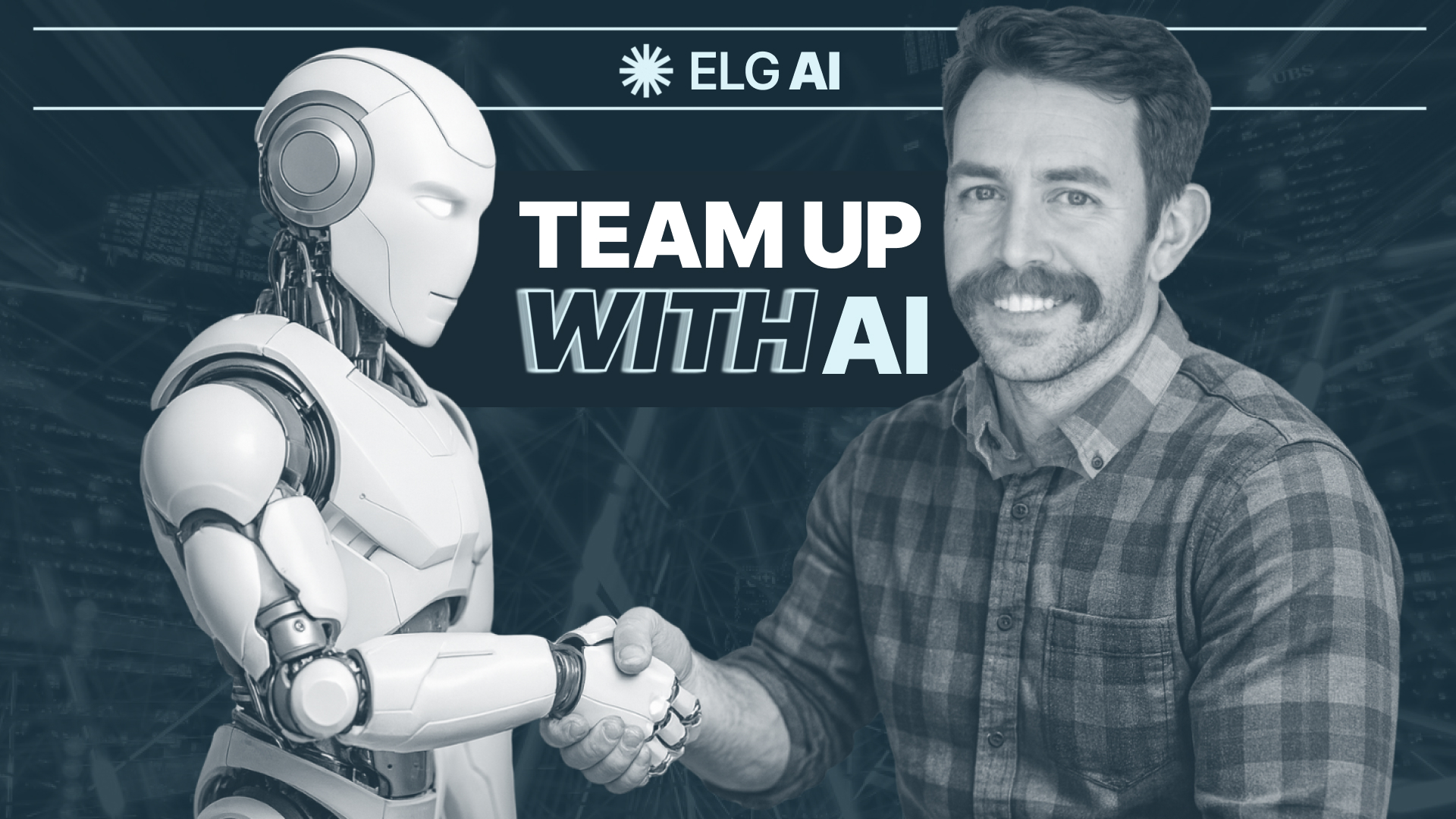







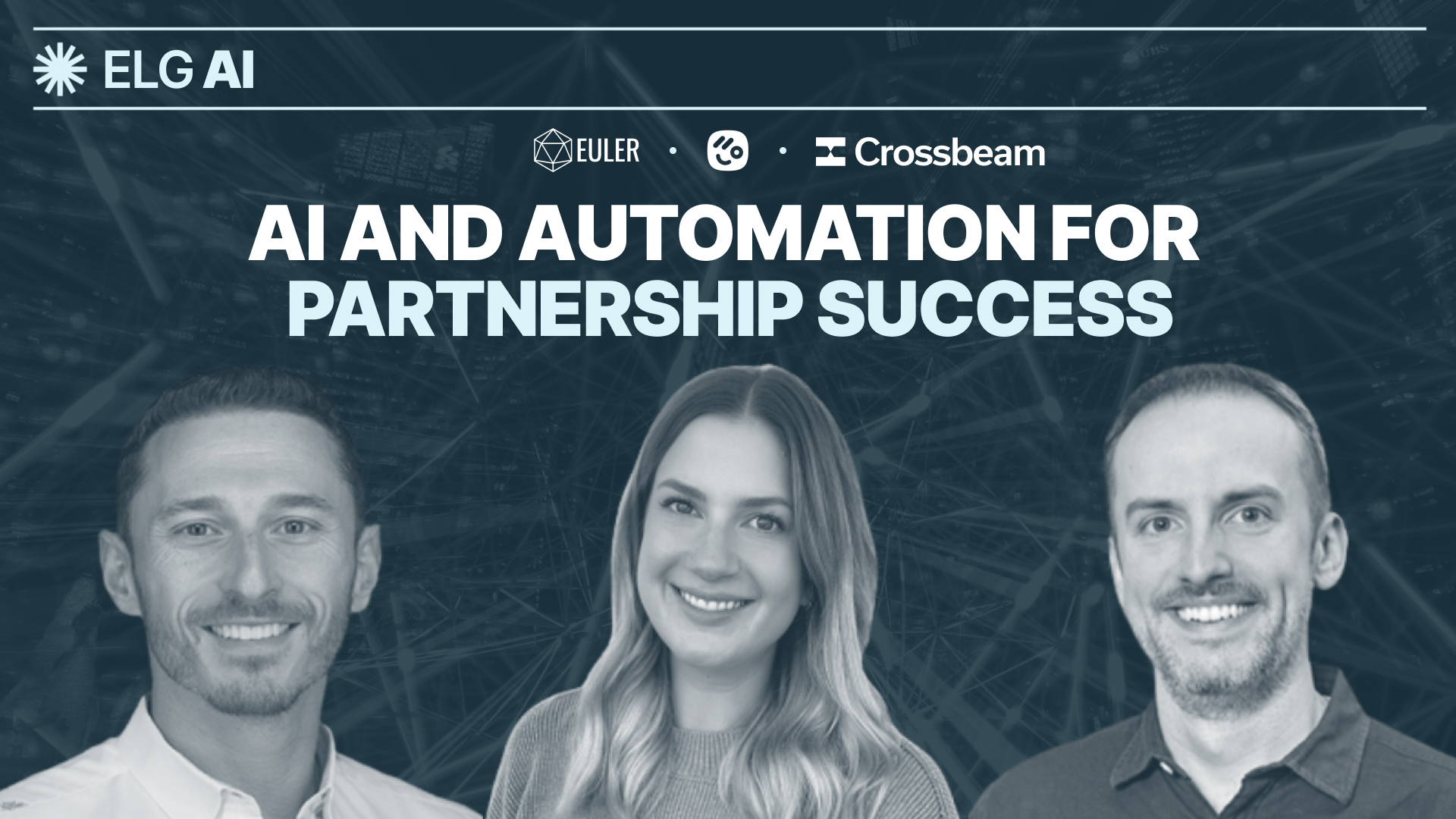


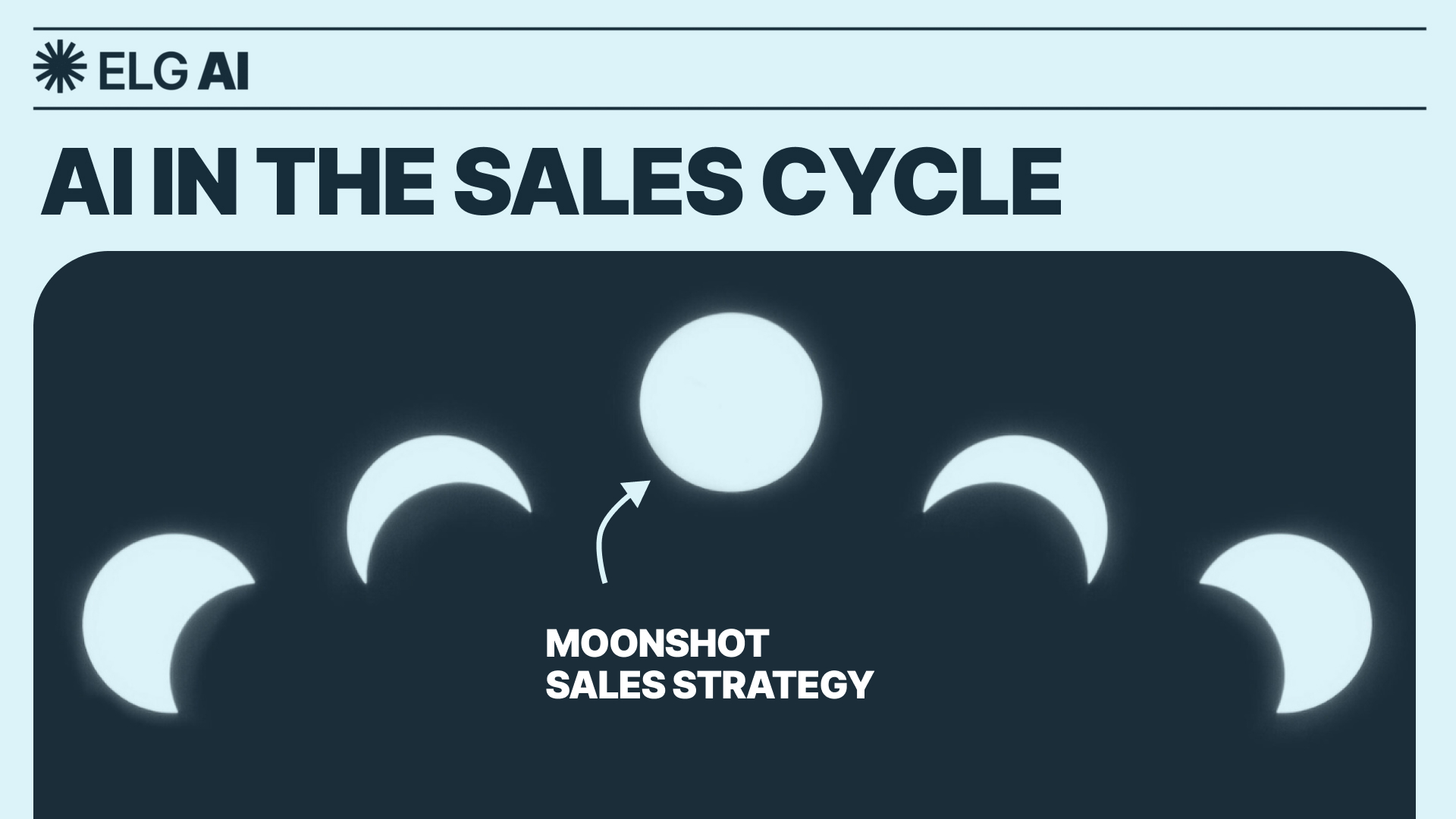

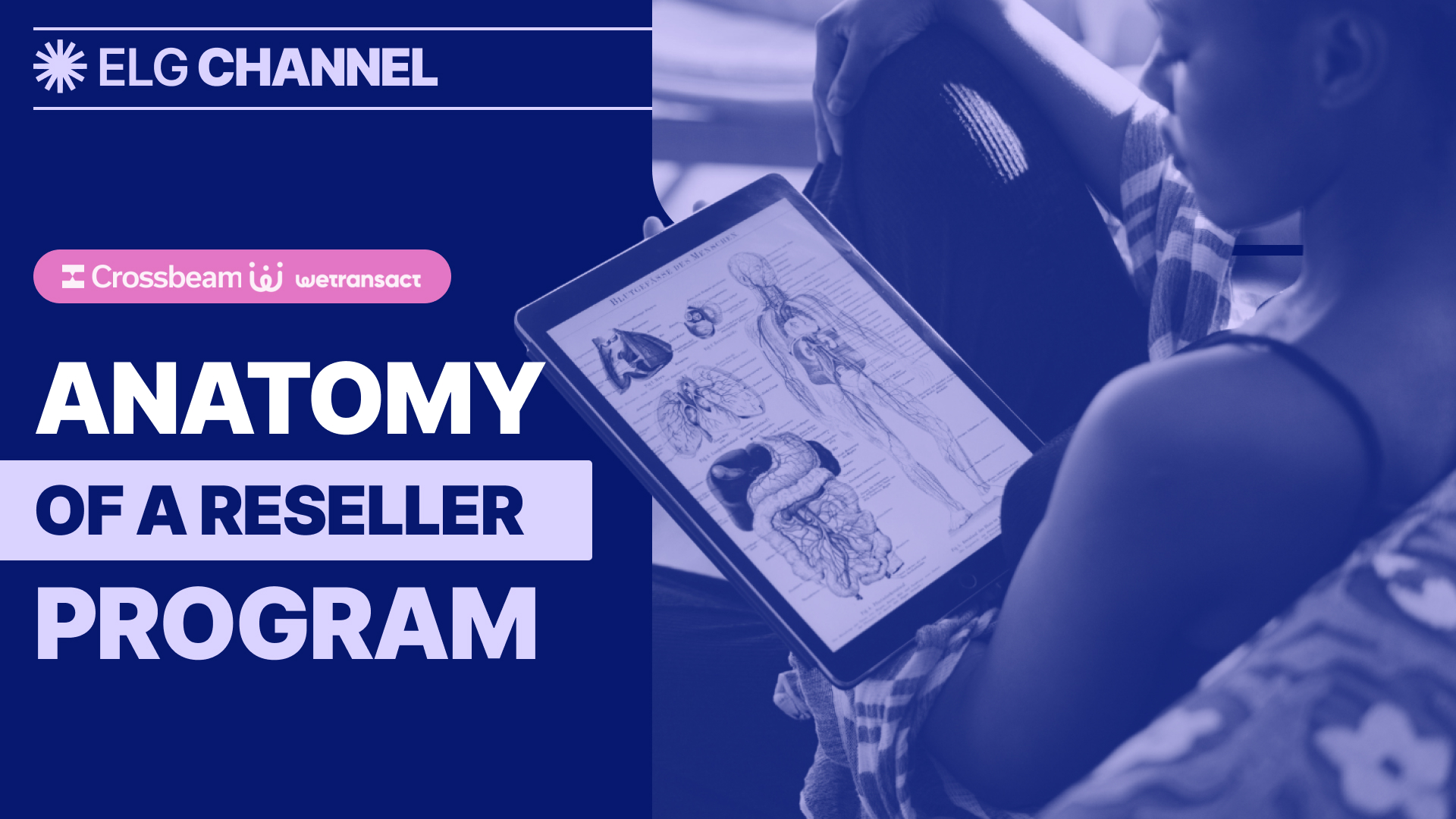

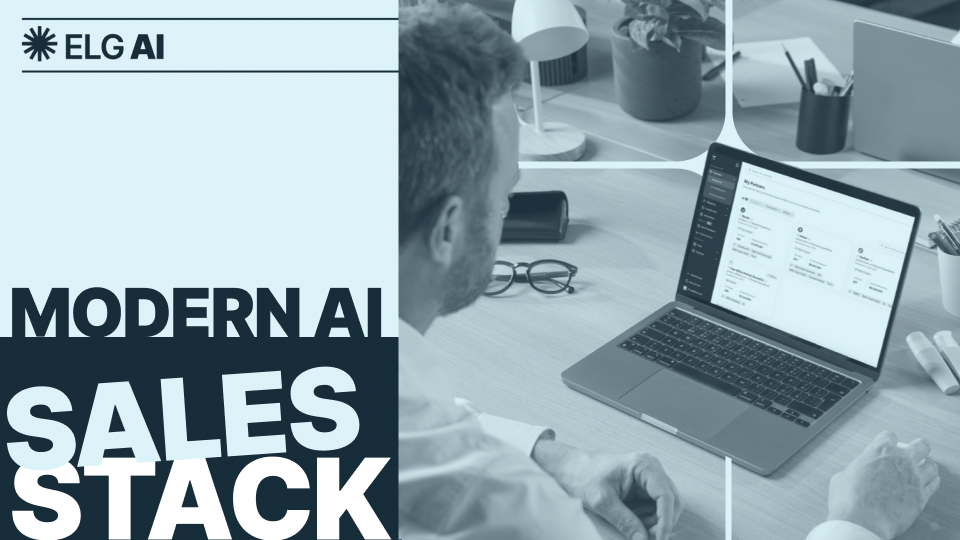






.jpg)




.png)



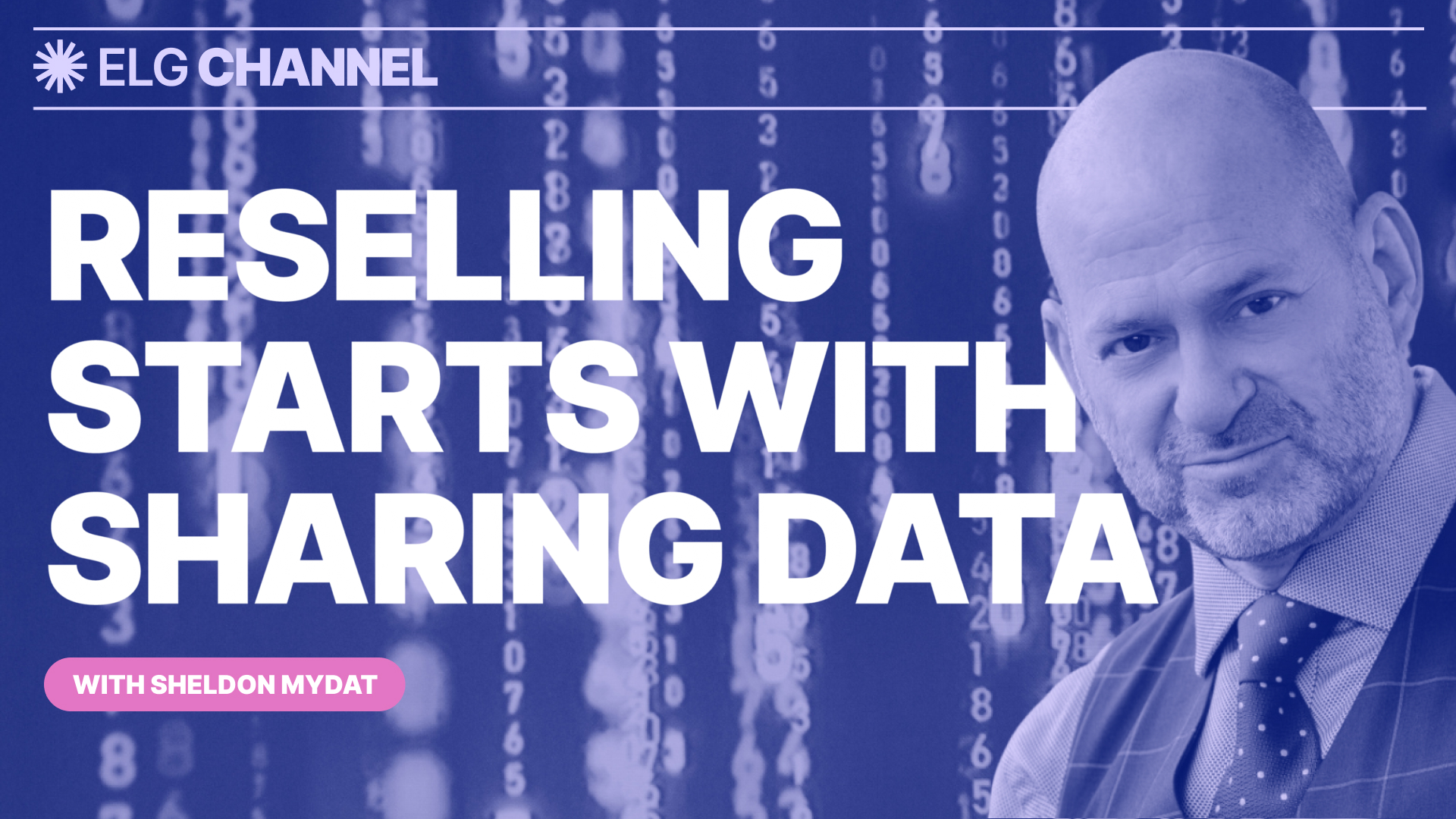


.jpg)





.jpg)

.webp)


















.webp)













